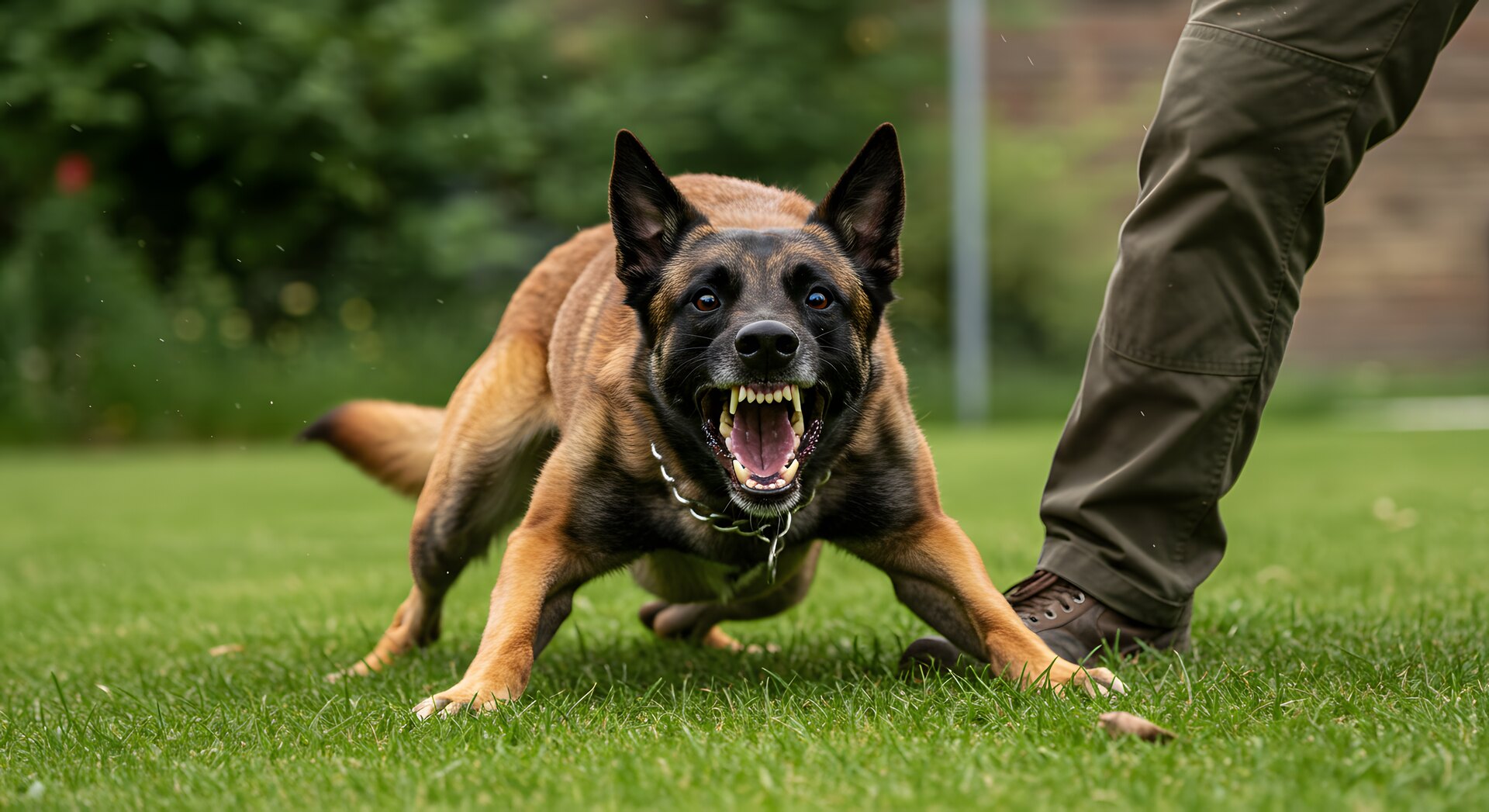How to Choose a Good Dog Trainer
October 8, 2022

What to Look for In a Good Dog Trainer
Finding good service providers can be like looking for a needle in a haystack. The same analogy lends itself to finding a good dog trainer. A great first step would be to educate yourself on how to train a dog and the different approaches there are. Without some basic knowledge of how to train a dog, you won’t be well equipped to make a good choice. Your first instinct may be to find the cheapest dog training option, however we strongly advise against that being your driving decision factor. You’ll also want to identify any issues your dog may have so you are ready to discuss them with your potential trainer.
Beyond what is mentioned above, follow the outline below to better understand what you should be looking for. Your goal should be to give your dog the best chance at success and build a solid foundation for a lifetime of learning.
Experience & Accolades
Experience is everything. Learning a dog’s subtle body language only comes from years of being around them. This skill can be developed in many ways, such as through educational dog trainer programs, workshops, apprenticeships, etc. Find out the most you can about the trainer(s) at the establishment you are researching and don’t be afraid to question them about what you have found out.
With years of experience comes the opportunity for a trainer to be recognized for the quality of service they provide. Look to your local media outlets and associations to see if the trainer/establishment has been awarded any accolades. These can often be a good sign of dedication to their craft and going above and beyond to make sure their clients receive the best training.
Methodology & Training Style
Program Outlines & Techniques
A possible red flag would be a vague description of a trainer’s program and their methodology. Good trainers will be upfront about how they will handle your dog and what they cover during the time they have together. Techniques will vary across the industry so having a better understanding of how dog training works will help you identify what you feel comfortable with. We caution that all positive dog training isn’t ideal. The most important aspect is that the trainer practices humane techniques and puts your dog’s emotional state first.
An often-overlooked aspect of dog training programs is the inclusion of training in different environments. Your dog needs to be able to respond to commands no matter the stimuli they encounter. You should ensure that “field trips” are included in the training program to help better socialize your dog.
On-Going Support
Training does not end when the program does. Owning a dog is a lifetime commitment and as such, any good dog trainer should offer continued support. This can come in many forms but should include a few basics. Supporting material such as take-home booklets, handouts and/or pamphlets are valuable educational pieces that can be referenced as you take over the training. Go-home lessons are great and provide you with some structure. Also, access to your trainer for a period after the program ends is useful if you have any follow-up questions. A good trainer will want you to succeed and put in the extra effort to make sure you do.
Do Your Due-Diligence
You should not simply take a trainer’s word that they are your best option. You’ll want to do your research as outlined above as well as learn all you can about your potential trainer. You should start with their website and look for clear communication. Their blog section is a great place to identify the style of training they use and what they deem most important. From there, you’ll want to investigate their social platforms and the community they have built. You’ll often find comments from happy and disgruntled clients peppered throughout their posts. Finally, you should take a look at their online reputation on such places as their Google business profile.
The iTK9 Way
At iTK9 we pride ourselves on continuing to educate ourselves and learn from new experiences. As training your dog is a lifetime commitment, we view being a dog trainer as a lifetime commitment to becoming better than we were yesterday. In the end, you need to go with what your gut tells you. If you are considering dog training, please don’t hesitate to reach out to us.
.webp)

.png)
.png)